The Minnesota Timberwolves fell to the Dallas Mavericks in five games in the Western Conference Finals–including an embarrassing 21-point loss in Game 5–yet this season was still quite a special one for the franchise.
The Timberwolves finished third in the West standings in the regular season before making it past the first and second round of the playoffs for the first time since 2004. Their second round series victory over last year’s NBA champion Denver Nuggets was no small feat and vindicated the “big ball” concept that Minnesota’s President of Basketball Operations Tim Connelly put together.
Many initially questioned Connelly’s decision two years ago to trade for the now four-time NBA Defensive Player of the Year Rudy Gobert for a boatload of draft equity and several key role players. The performance of the Timberwolves this year though has earned him well-deserved praise as one of the brightest contemporary front office minds in basketball today.
Nonetheless, this Minnesota team still has some room for improvement and it should be rather easy for Connelly to address the major issues that surfaced during this playoff run.

One of the most glaring weaknesses of the Timberwolves–and also the most easily addressable–was their stagnant offense down the stretch of several tight games. Anthony Edwards is a special talent, but he cannot do it alone. Karl-Anthony Towns was supposed to fill this role as their second scorer until his erratic performances during this postseason made it clear that he might actually be just a third option rather than second on a contender.
It should be relatively easy for them to acquire a score-first guard in the mold of the Sacramento Kings’ Malik Monk or the Utah Jazz’s Collin Sexton via a trade or the free agent market. This player would ideally slot into their second unit and share some of the load carried by reigning NBA Sixth Man of the Year Naz Reid.
The team’s current back-up guards Nickeil Alexander-Walker, Jordan McLaughlin and Monte Morris have proven that they can run an offense, albeit they leave much to be desired in terms of creating their own shot.
It behooves Minnesota to begin searching for a replacement for starting point guard Mike Conley as well. The 36-year-old proved that he still had a lot of gas left in the tank during this run, but he likely has just one or two more good years of high level basketball left in him. This provides the Timberwolves with the best of both worlds as Conley can continue to run the show for them while he simultaneously mentors his potential replacement.
The challenge for Minnesota here is that they gave up most of their draft equity for the foreseeable future via the Gobert trade, although they do own their first rounder for this year which is the 27th overall pick. Some guards who could potentially help the Timberwolves that may still be available at that point in the draft include Carlton Carrington, Tyler Kolek, and Terrence Shanon Jr. If luck is on Connelly’s side, he could potentially address both the team’s present and future needs in one go with this pick.
Moving forward, the ability of Minnesota’s ownership group and fanbase to remain patient with this team is of utmost importance. Though they managed to be right at the doorstep of the NBA Finals this year, it is crucial to remember that this is still a young team. Edwards (22 years old), Reid (24), Alexander-Walker (25), and Jaden McDaniels (23) have not yet even entered their prime years, so it may take some time for this team to go all the way and win the championship.
Ultimately, the foundation of a contender is already in place, so it should only be a matter of time before the Timberwolves bring back the NBA championship to their home state for the first time since the Minneapolis Lakers did it back in the 1950s.


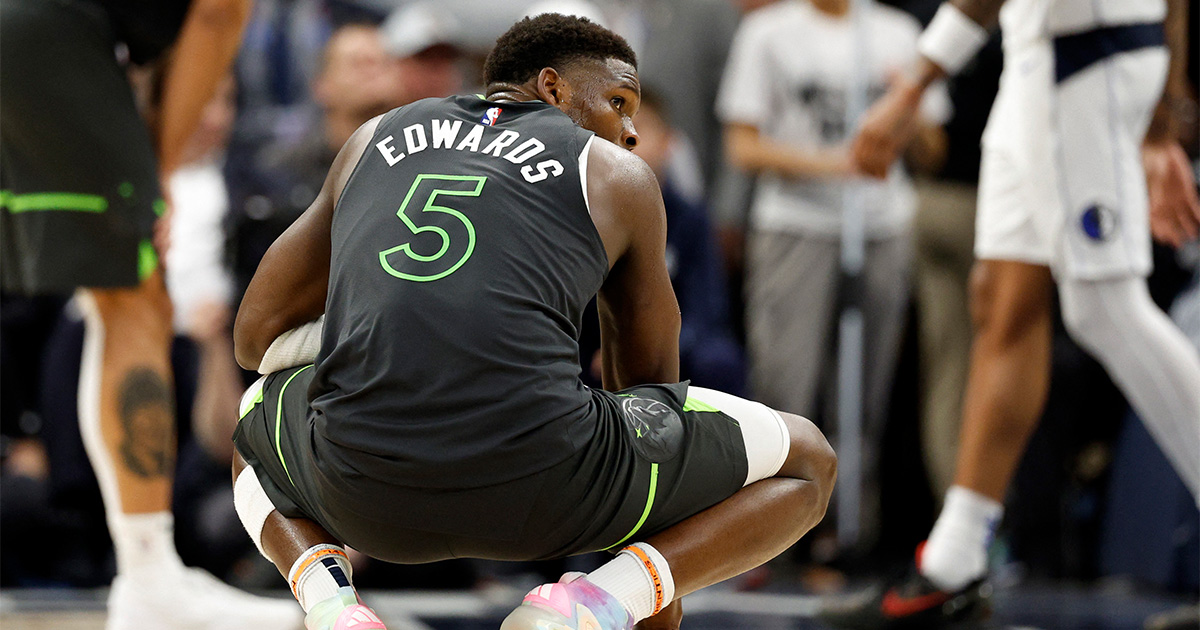








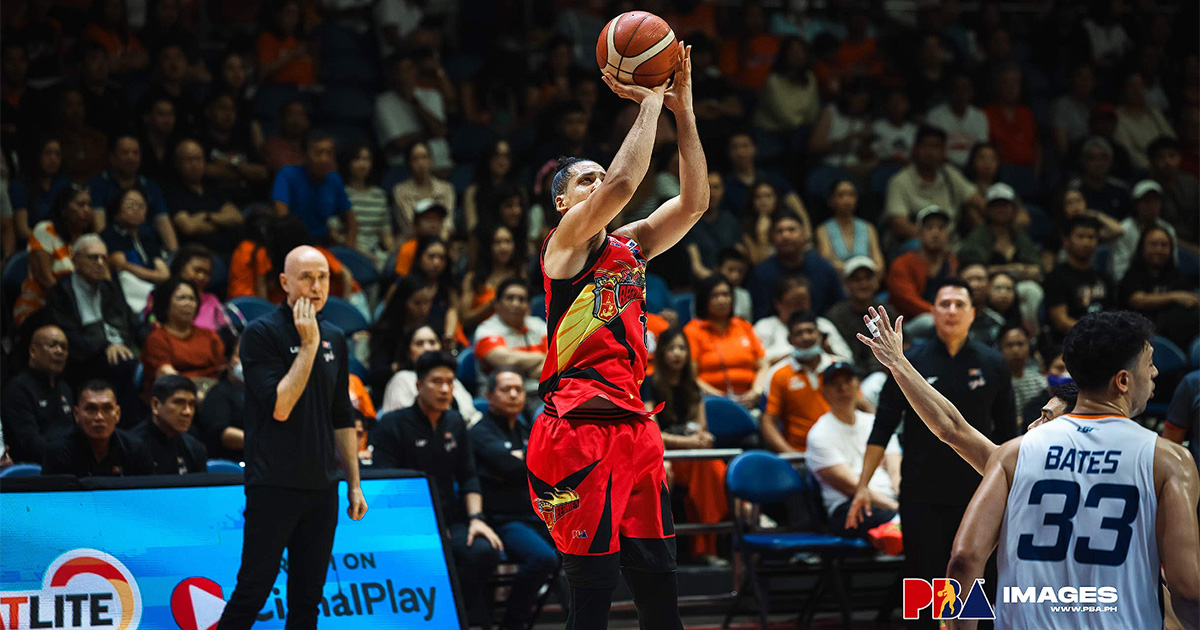
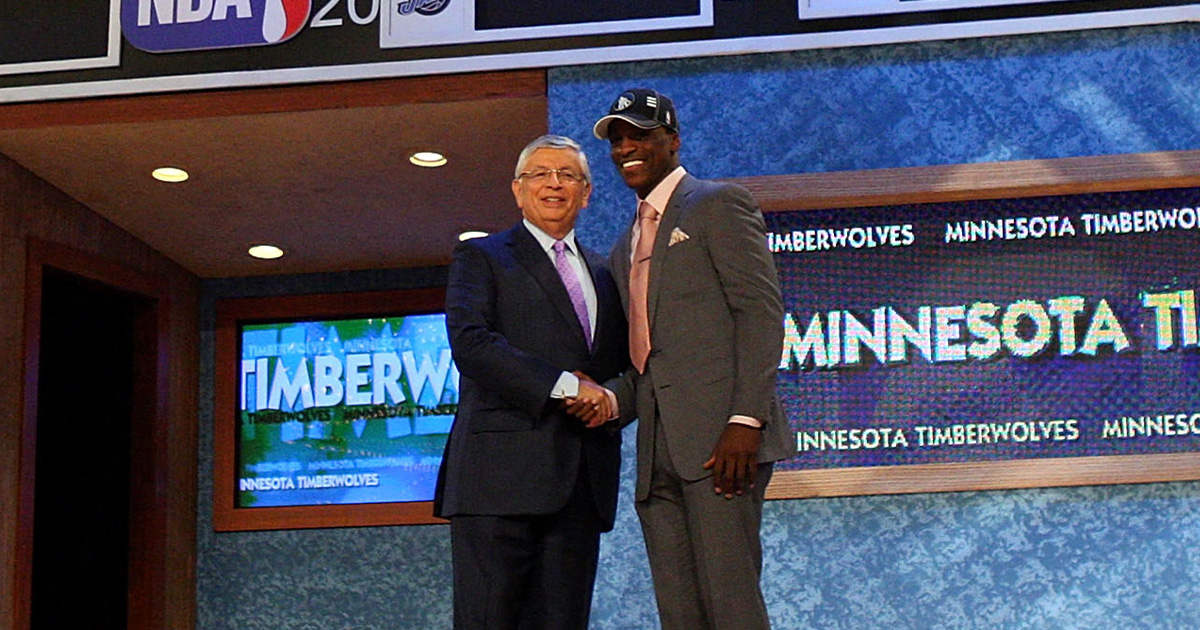
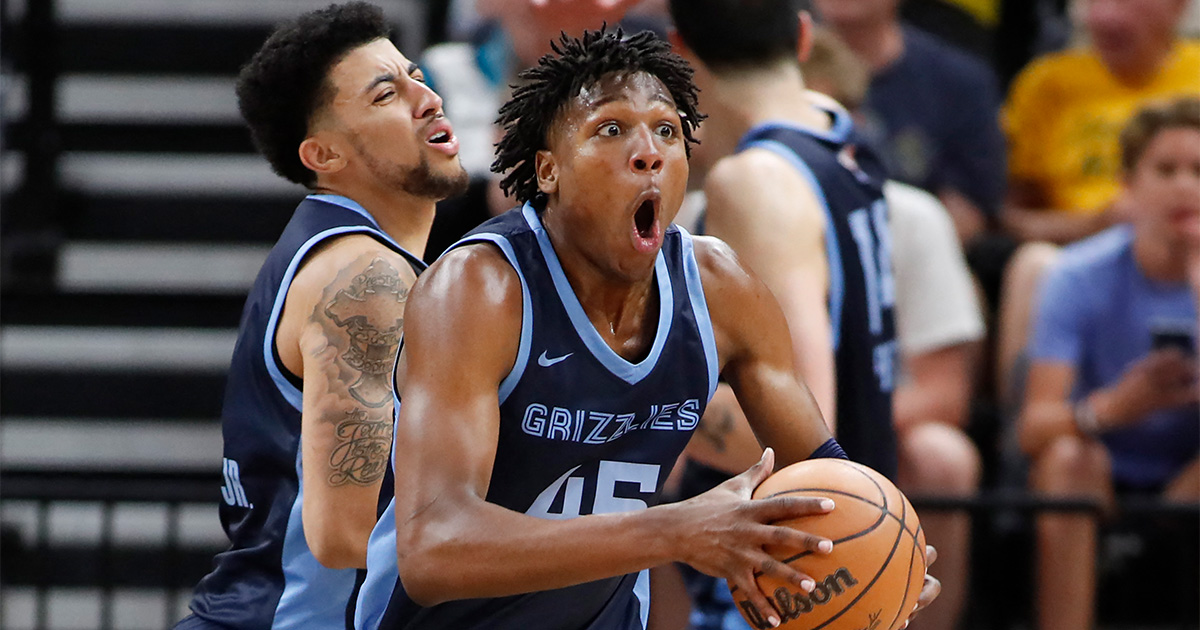
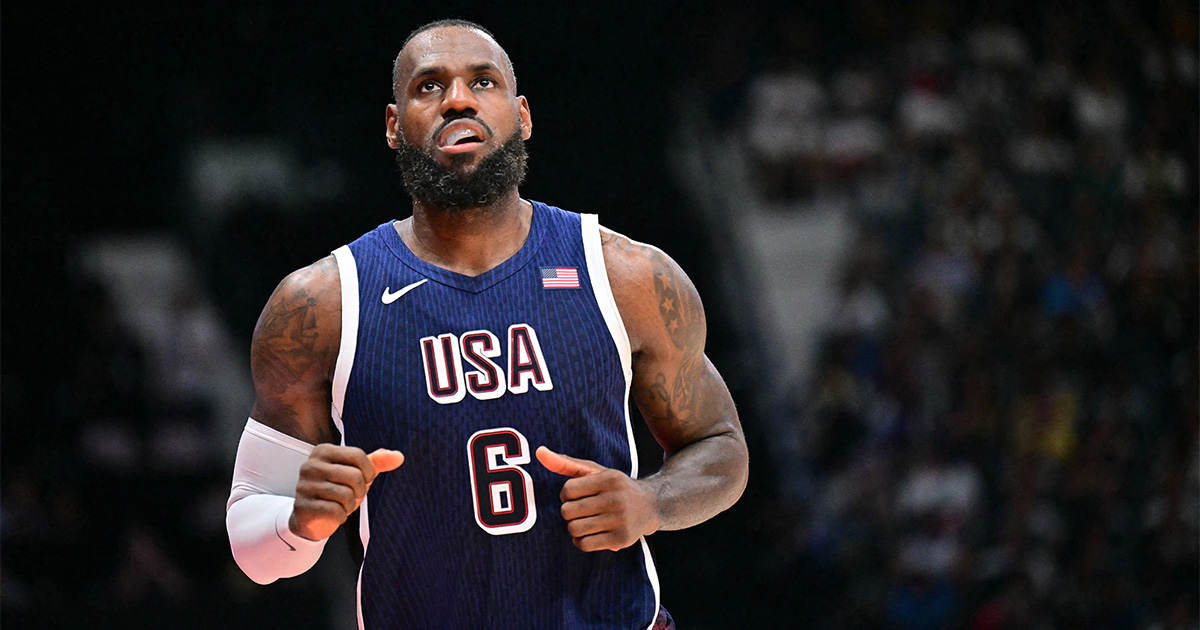
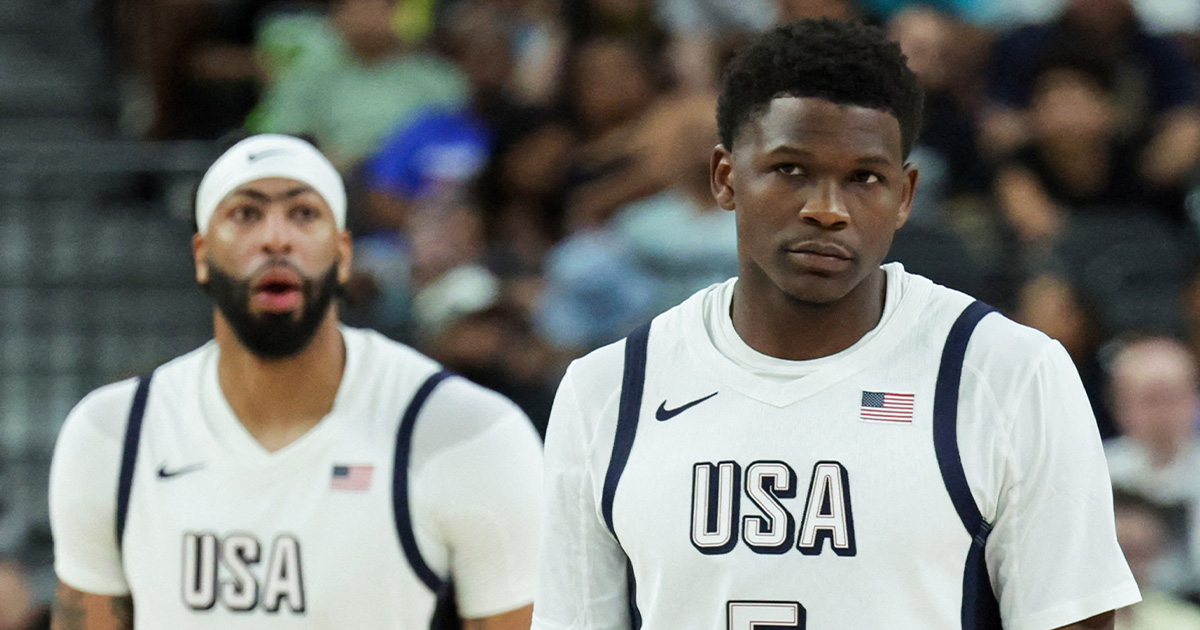
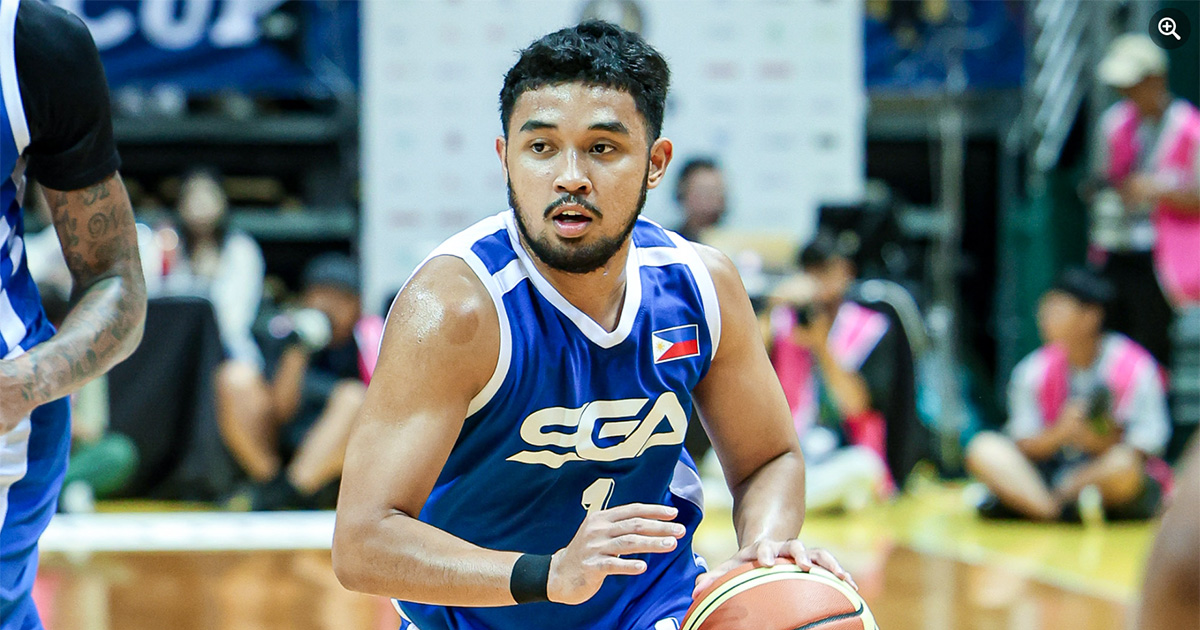
elektriker gesundbrunnen
elektriker
elektriker
teppichreinigung
먹튀감정사
elektriker bamberg
먹튀검증소
123movie
방콕변마
먹튀감정사